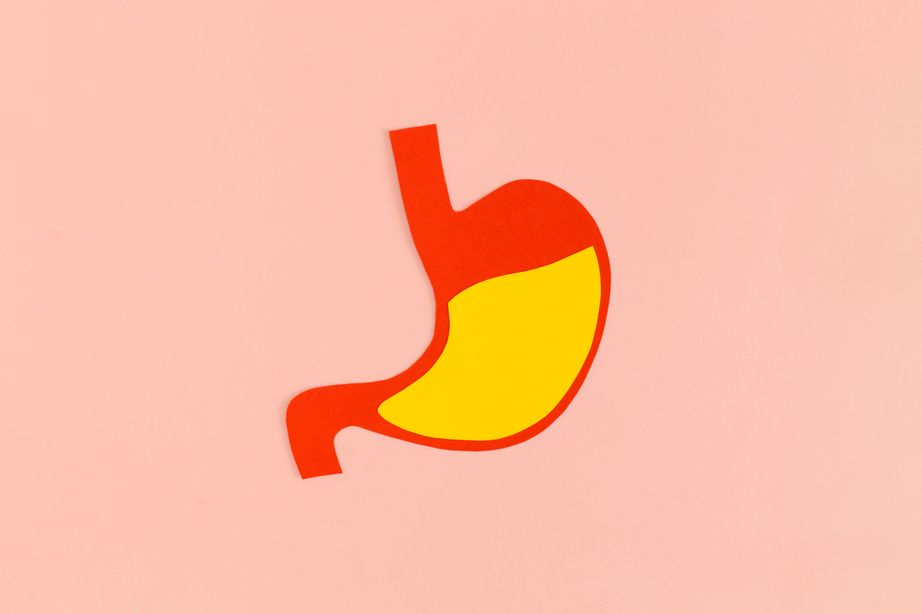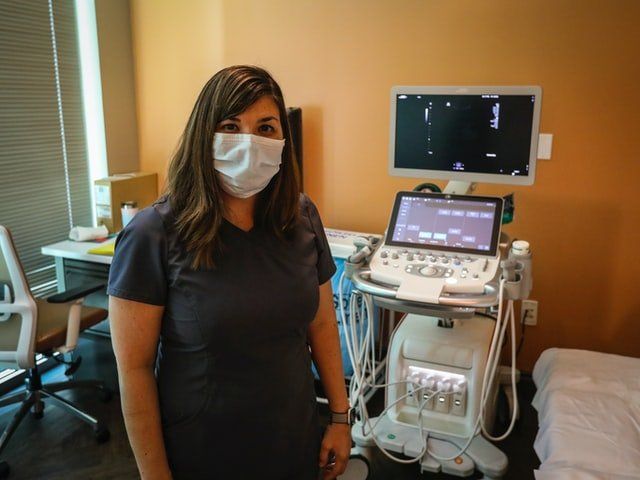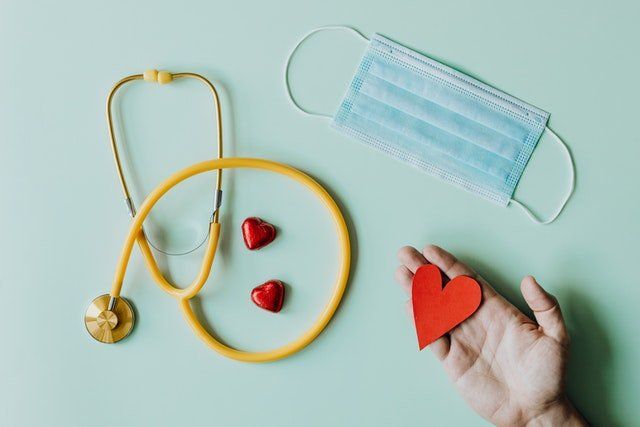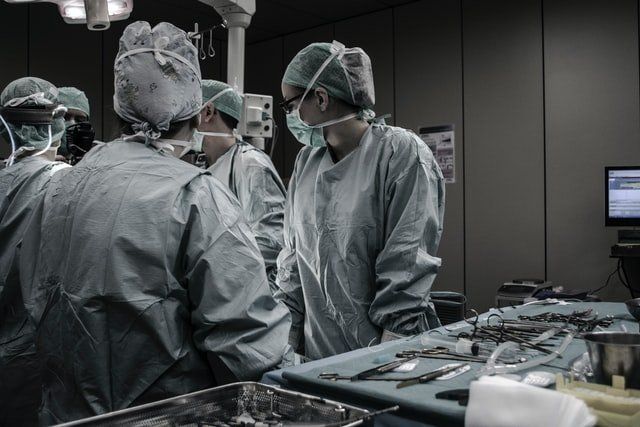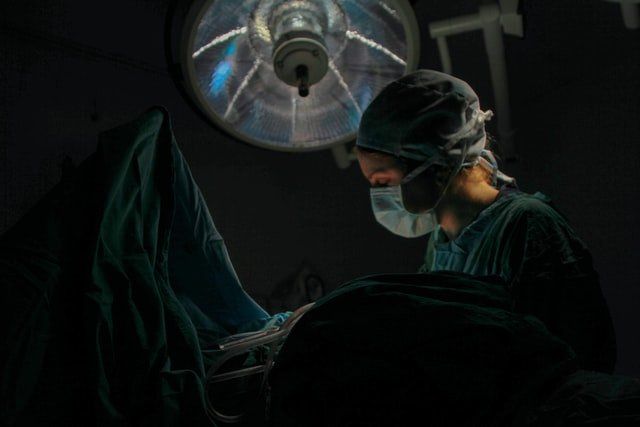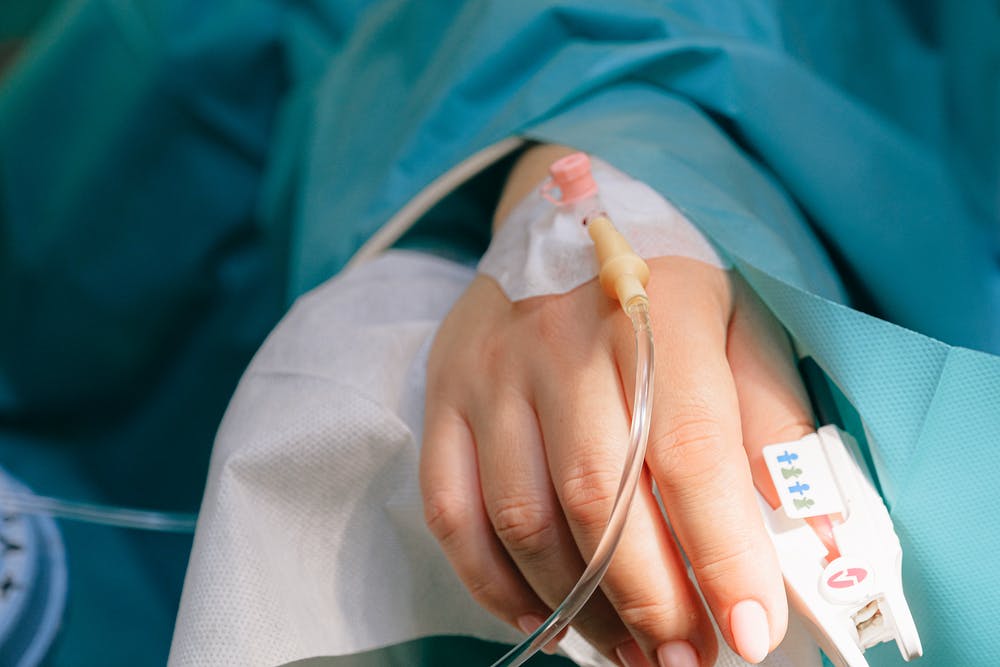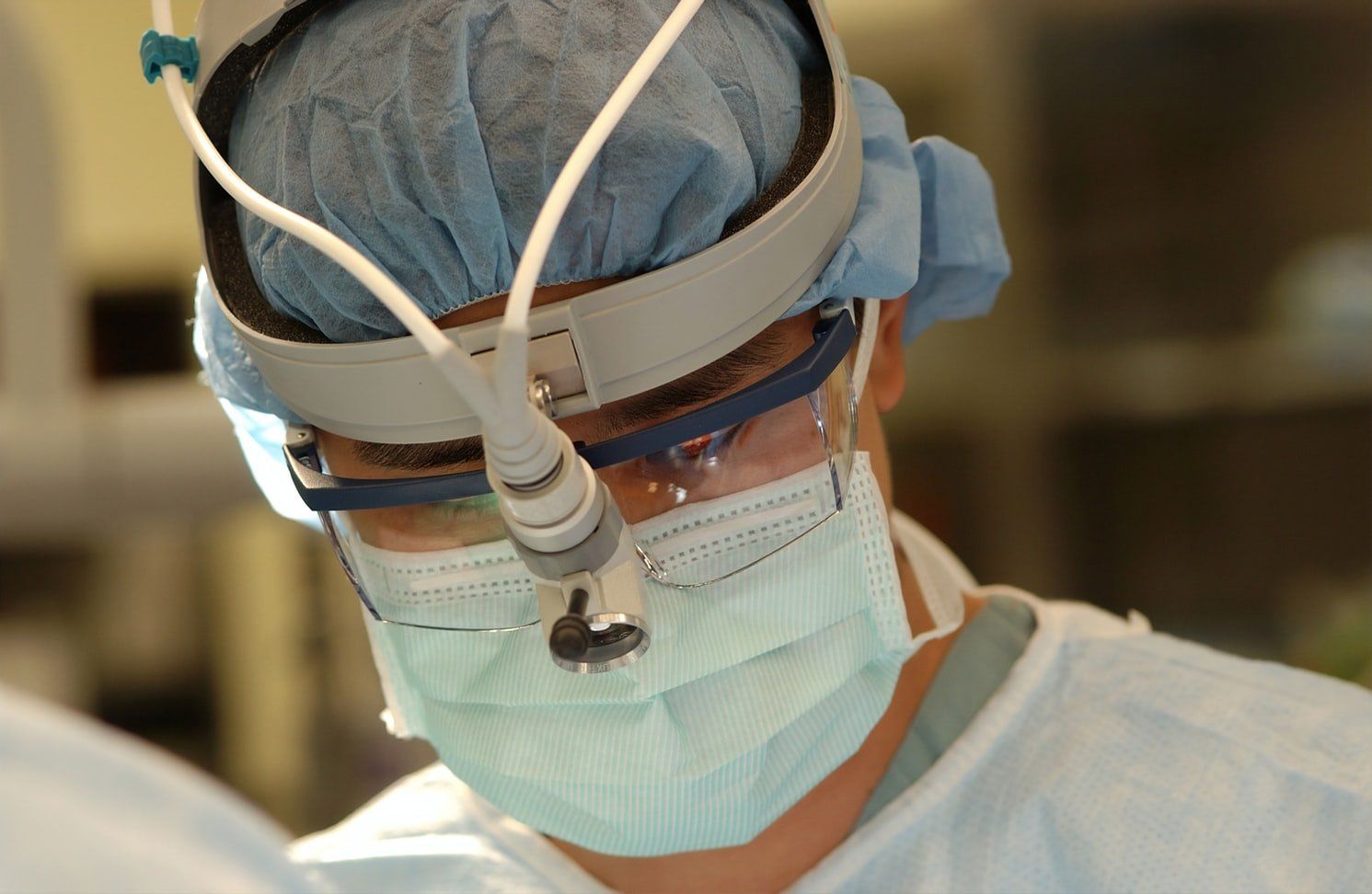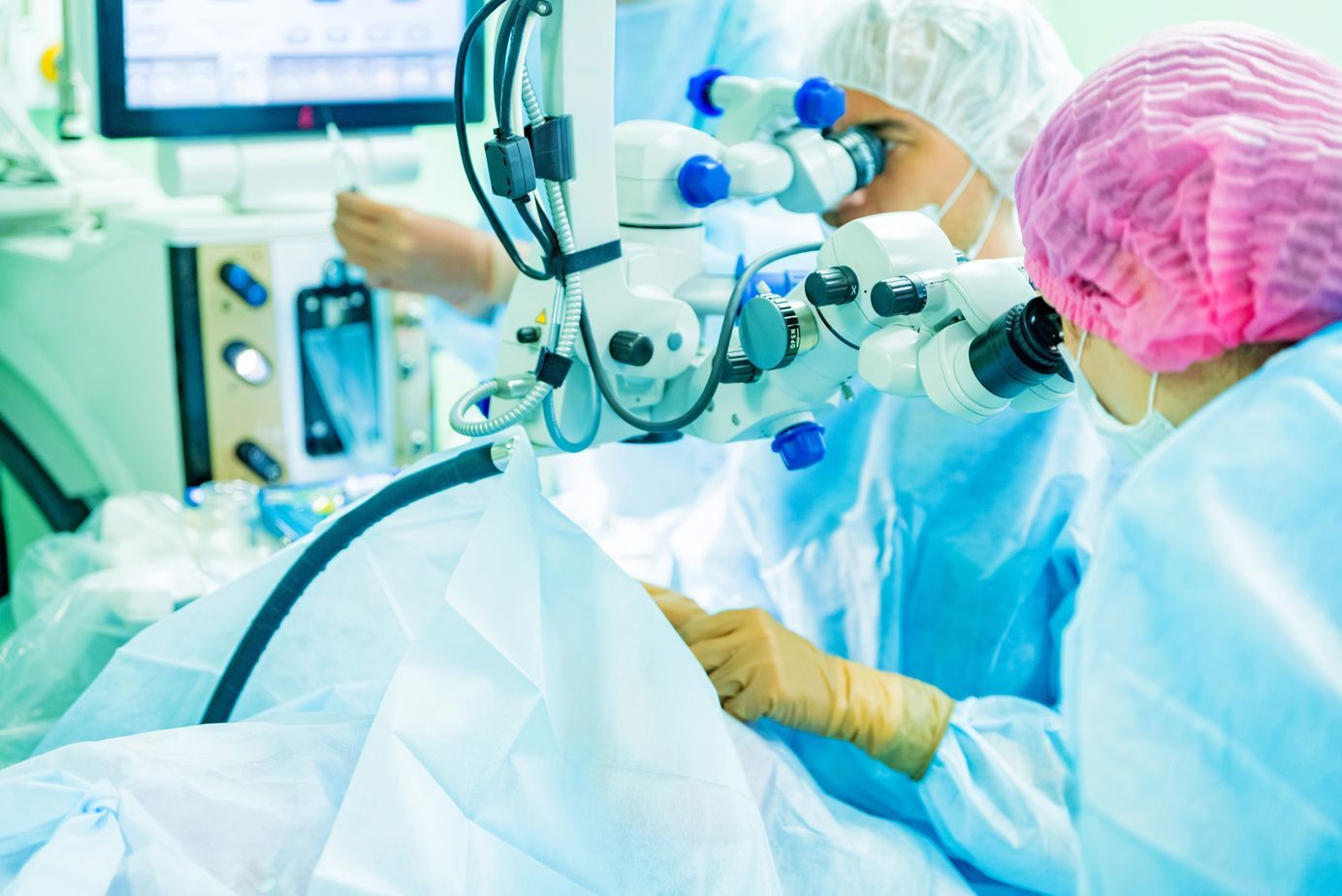Everything You Need to Know about GERD and Its Diagnosis
There is a strong chance that you've had symptoms of gastroesophageal reflux in the past. After a heavy meal, you may have experienced heartburn or a sour or bitter backwash in your throat. This may be a normal reaction to a rich meal.
When you experience this sensation frequently, however, this may be linked to damage to the esophagus. A common yet serious condition related to esophageal damage is GERD or gastroesophageal reflux disease.
If you have been diagnosed with GERD or suspect that you have this condition, this article will run you through everything you need to know about this disease.
Understanding GERD
A human's gastrointestinal tract is a complex system of organs, muscles, and tubes. The esophagus is the tube that carries food from the mouth down to the stomach. A sphincter at the end of the esophagus and into the stomach prevents food from flowing backward to the mouth.
GERD is a chronic condition that happens when this sphincter cannot hold down the food or liquid from the stomach. This food and liquid backflows into the esophagus and causes the heartburn sensation and irritation to the esophagus.
The Telltale Signs of GERD
If you notice any of the following signs, it may be a good idea to see an interventional gastroenterologist near you and get tested for GERD:
Heartburn or the burning sensation experienced in the chest- Regurgitating your stomach's content as a liquid that may be sour or bitter
- Feeling like your throat is constantly dry, sore, or irritated
- Foul mouth odors
- Feeling nauseous and wanting to vomit
- Have a hard time swallowing food, drinks, or even your own saliva
It is important to note that regular heartburn is usually mild and may occur less than twice a week. GERD is a chronic condition with symptoms appearing more than twice a week.
GERD Diagnosis
If you suffer from frequent heartburn and the symptoms mentioned above, it will be best to consult your doctor.
They may diagnose your condition through various tests, including:
1 - GERD Endoscopy
This is a procedure where your doctor inserts a small tube with a light and camera down your throat. This enables a thorough inspection of your esophagus and stomach to detect inflammation or other issues.
2 - Esophageal pH and Impedance Monitoring
This test detects the quantity of acid in your esophagus as you do your regular activities, such as eating and sleeping.
Your doctor will insert a small tube via your nose or mouth into your stomach at a hospital or outpatient center. The tube is withdrawn to the esophagus and taped to the outside of your cheek.
The monitor is worn for 24 hours, and your doctor will urge you to keep a food diary to check if there are any trends related to your symptoms.
3 - Wireless Esophageal pH Monitoring
This test is similar to the previous one, but instead of a tube, the monitor is a tiny capsule put in your esophagus during an endoscopy. This transmits data to a receiver worn around your waist or belt.
The test typically lasts 48 hours, and the capsule passes through your digestive tract in a few days.
4 - Esophageal Manometry
When you swallow, the muscular contractions in your esophagus are measured. It can tell your doctor whether a weak sphincter muscle causes your symptoms.
5 - X-Ray of the Upper Digestive System
This technique, which is performed after you swallow a chalky beverage, allows your doctor to see a silhouette of your upper digestive system. You may also be asked to drink a barium pill to look for esophageal constriction or other disorders, such as hiatal hernias or ulcers.
Conclusion
If you are frequently suffering from heartburn, you may have GERD. The symptoms may be mild, but it is best to consult a doctor. It is crucial to determine whether you are dealing with GERD and treat it early to avoid complications.
Are you looking for a
gastroenterologist in NJ? Michel Kahaleh Gastroenterologist is a world-renowned endoscopist & gastroenterologist. Book your consultation today!

